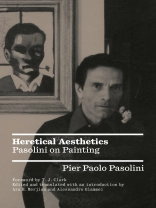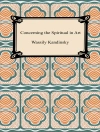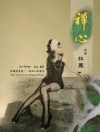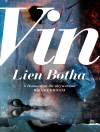One of Europe’s most mythologized Marxist intellectuals of the 20th century, Pier Paolo Pasolini was not only a poet, filmmaker, novelist, and political martyr. He was also a keen critic of painting. An intermittently practicing artist in his own right, Pasolini studied under the distinguished art historian Roberto Longhi, whose lessons marked a life-long affinity for figurative painting and its centrality to a particular cinematic sensibility.
Pasolini set out wilfully to ‚contaminate‘ art criticism with semiotics, dialectology, and film theory, penning catalogue essays and exhibition reviews alongside poems, autobiographical meditations, and public lectures on painting. His fiercely idiosyncratic blend of Communism and classicism, localism and civic universalism, iconophilia and aesthetic ‚heresy, ‚ animated and antagonized Cold War culture like few European contemporaries. This book offers numerous texts previously available only in Italian, each accompanied by an editorial note elucidating its place in the tumultuous context of post-war Italian culture.
Prefaced by the renowned art historian T.J. Clark, a historical essay on Pasolini’s radical aesthetics anchors the anthology. One hundred years after his birth,
Heretical Aesthetics sheds light on one of the most consequential aspects of Pasolini’s intellectual life, further illuminating a vast cinematic and poetic corpus along the way.
Über den Autor
Alessandro Giammei is Assistant Professor of Italian Studies at Yale University. He is the author of Nell’officina del nonsense di Toti Scialoja (Edizioni del Verri, 2014); Una serie ininterrotta di gesti riusciti (Marsilio, 2018), and Ariosto in the Machine Age, which is forthcoming for the University of Toronto Press. He translated the epistolary between Virginia Woolf and Lytton Strachey (nottetempo, 2020, with Chiara Valerio) and Arthur Conan Doyle’s The Case for Spirit Photography (Marsilio, 2022). He has taught at Bryn Mawr College, Princeton University, and in the New Jersey state penitentiary system for the Prison Teaching Initiative. He writes about art, books, and the politics of gender for the Italian newspapers il manifesto and Domani.












